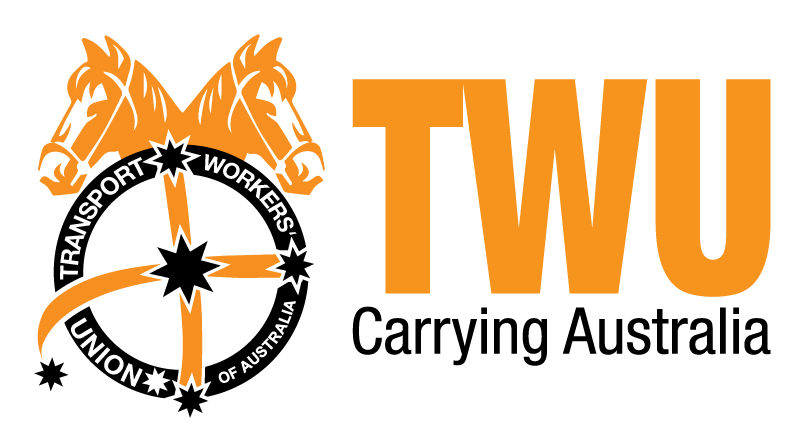Wage theft in Australia is systemic, sustained and shameful and workers are often too scared to speak out in fear of repercussions, according to a scathing Senate inquiry report, which calls for new laws to protect employees.
A Senate committee – set up in 2019 to investigate the unlawful underpayment of employees – has made 19 recommendations to stop the practice.
One key recommendation is for the federal government to change the Fair Work Act to outlaw wage theft.
The legislation would apply to the theft of all employee renumeration, including loadings, penalty rates, overtime, leave, allowances and the superannuation guarantee.
It follows a string of high-profile underpayment cases at celebrity-headed hospitality venues and at some of nation’s biggest employers, including Qantas, NAB, CBA, Coles, Woolworths, Super Retail Group and the ABC.
The Senate committee found the current legislative and regulatory framework was inadequate for pursuing wage and superannuation theft.
“Systemic wage theft is often a deliberate decision of businesses that participate in a race to the bottom to bring down wages and increase profit,” the report said.
The Senate committee recommended increasing penalties for wage theft, and to make it illegal for bosses to pay staff under the minimum wage.
“Non-compliance with Australia’s minimum employment laws has become pervasive, as well as ‘endemic’ in certain sectors, and [this] highlights the need for government action,” the report said.
Hospitality, retail, horticulture, franchise-heavy [businesses] and higher education were highlighted as some of the worst-offending sectors.
One witness told the inquiry: “In hospitality, exploitation has become the norm … I once complained to my boss about the overtime work. He said, ‘Well, suck it up. Look around you! Everyone is working the same way. It’s been like this forever’.”
The report said a variety of sources indicated that underpayment affected thousands of workers, “robbing them – and the Australian economy – of billions of dollars every year.”
In 2020, PwC estimated around 13 per cent of Australia’s total workforce were affected by underpayment, with higher rates in certain industries, such as the hospitality sector.
It used Fair Work Ombudsman data to estimate the cash value of underpayment by industry, estimating it to total around $1.35 billion per year:
Industry Super Australia estimated the gap between what should have been paid and what was paid in 2018-19 to be $5 billion, affecting around a quarter of the workforce, or nearly three million people.
“As a result of underpayments, future generations of workers will have to foot the bill for ‘missing’ savings through extra taxes to supplement government pensions that should have been covered by employer superannuation guarantee contributions,” the report said.
ATO under fire
The committee said it had heard that the Australian Taxation Office (ATO) took “a permissive approach to superannuation theft”.
“The ATO, the committee was informed, does not properly penalise non-compliant employers and repeat offenders,” its report said.
“Furthermore, the ATO does not communicate with employees that have a superannuation theft claim, and it does not have accurate visibility of the extent of unpaid superannuation, despite the introduction of Single Touch Payroll, which theoretically makes it more visible.”
Wage theft, exploitation and modern slavery are often reported as isolated scandals – but for many new Australians, they’re a fact of life.
The report contains several recommendations to protect migrant workers, including protecting whistleblowers and temporary visa holders who report exploitation or wage theft.
It found that deliberate underpayment was usually rife in labour-intensive industries, which have a high proportion of unskilled workers and where insecure employment arrangements are common.
“Often these industries have low levels of union membership, and they tend to employ a high proportion of workers on temporary visas, or undocumented migrants,” the report noted.
The committee – which included five Labor members, four from the Coalition, Greens senator Mehreen Faruqi and independent senator Rex Patrick – also examined the diminished power of unions to enter workplaces and investigate wage-theft claims.
Government senators on the committee tabled a dissenting report, commenting on each of the recommendations in the report.
“Throughout its period in office, the Australian Government has introduced a raft of measures to support the rights of employees in this regard,” the Coalition senators said.
“In our view, the Majority Report insufficiently considers the positive impact of these measures and proposes a range of recommendations which are insufficiently supported by evidence.”







